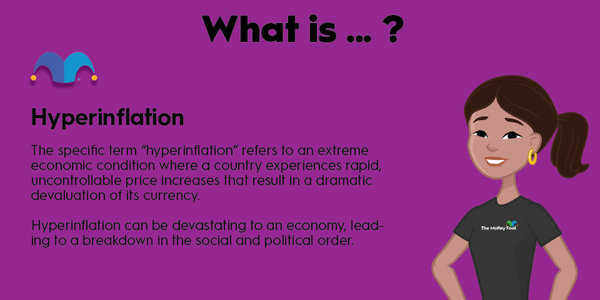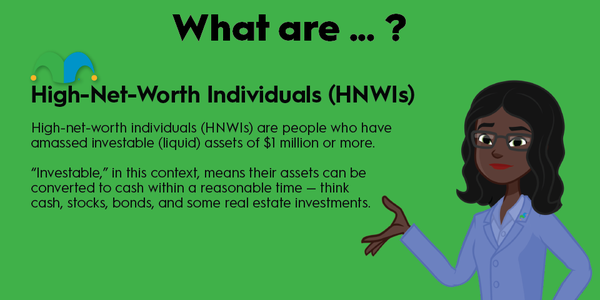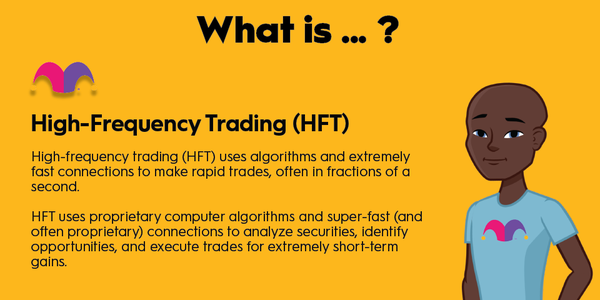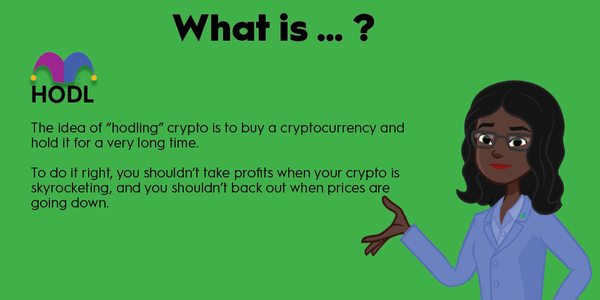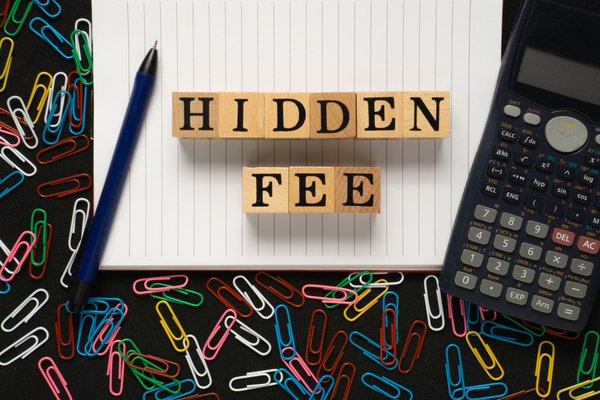Investing can be a huge challenge since there are so many different ways to do it and so many different companies worth an investment. An index can come in handy if you're not willing or able to pick individual stocks that you feel comfortable with. Instead, you can choose a fund based on an index like the S&P 500. But there are far more options than just U.S.-based indexes -- for example, take the Hang Seng Index, a major index for Asia.
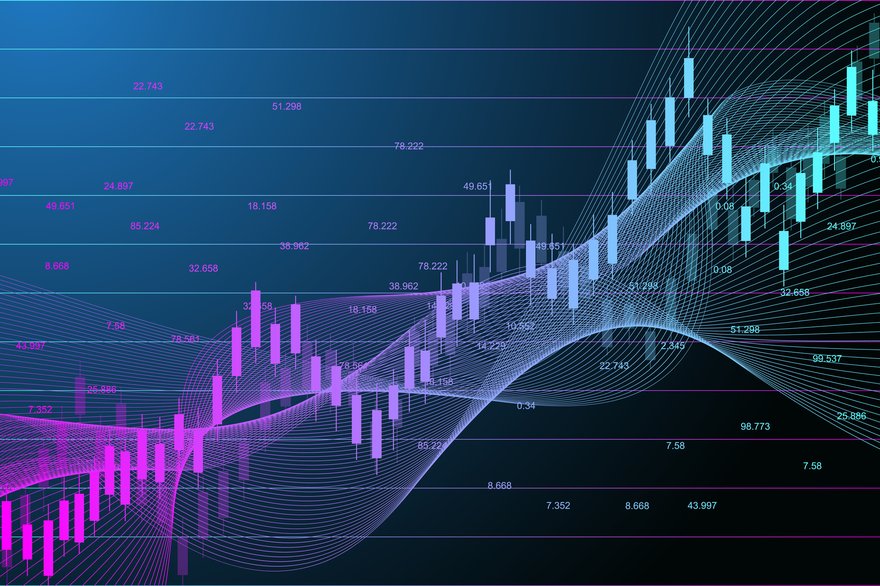
Overview
What is the Hang Seng Index?
The Hang Seng Index (HSI) is an index of the largest companies that trade on the Hong Kong Exchange (HKEX). For many American investors, the HKEX may be the largest stock exchange you've never heard of, with a market cap of more than $32 trillion as of April 2024.
The HSI, which tracks blue chips on the HKEX, is a vital indicator for Hong Kong and other Asian markets in general. Launched in 1969 by a subsidiary of Hang Seng Bank, the HSI is reweighted and adjusted regularly, with a capping rule in place that prevents any one security from having a relative weight of more than 8%.
There are variations of the HSI, including the Hang Seng HK 35, which is an index of the top 35 Hong Kong-based companies with income primarily from outside of China, and the Hang Seng Composite, which is an index of the top 95% of stocks trading on the HKEX by market cap.
Top industries of the index
Top industries of the Hang Seng Index
The Hang Seng Index has four sub-indexes available that track stocks by sector: finance, utilities, properties, and commerce and industry. But the main HSI also tracks its own composition by industry. The main industries represented as of April 2024 are:
| Sector | Weight | # of Constituents |
|---|---|---|
| Financials | 32.87% | 11 |
| Information Technology | 29.64% | 9 |
| Consumer Discretionary | 10.74% | 15 |
| Energy | 6.16% | 4 |
| Properties & Construction | 5.00% | 12 |
| Telecommunications | 4.11% | 2 |
| Utilities | 3.29% | 6 |
| Consumer Staples | 2.72% | 7 |
| Healthcare | 2.21% | 8 |
| Conglomerates | 1.38% | 2 |
| Materials | 1.11% | 2 |
| Industrials | 0.77% | 4 |
Currently, financials, information technology, and consumer discretionary businesses dominate the HSI by weight, but consumer discretionary, properties and construction, and financial companies have the most components in the index.
Top components of the index
Top components of the Hang Seng Index
As of April 2024, there were 82 constituents of the HSI. All are Asian companies, with many in China but enough outside the world's most populous country to serve as a good overall indicator of the Asian economy. Here are the top 10 listed components:
- Tencent (TCEHY -2.41%)
- HSBC Holdings (HSBC 0.77%)
- Alibaba (BABA -1.62%)
- AIA Group Limited (AAGIY 0.48%)
- Meituan (MPNG.Y -4.12%)
- China Construction Bank Corporation (CICHY -1.47%)
- China Mobile (delisted by the Trump administration in May 2021)
- Industrial and Commercial Bank of China Limited (IDCBY -1.13%)
- CNOOC Limited (OTC:CEO)
- Hong Kong Exchange and Clearing Limited (HKXCY -0.85%)
Related investing topics
Why it matters
Why does the Hang Seng Index matter to investors?
The Hang Seng Index is important to investors far beyond those who are looking to invest in Asia because it speaks to the overall health of the Asian economy and its potential effects on the global economy. Just like the S&P 500 can speak to the health of the U.S. economy, or the Nasdaq Composite can speak to the health of the tech sector, the Hang Seng Index says a lot about how China and the rest of Asia are doing.
Of course, if you're looking to balance your portfolio with an index fund, this is another excellent option, as well. A stock portfolio made up of almost entirely U.S. stocks outside of the financial and information tech sectors can be balanced by choosing Hang Seng Index funds.

